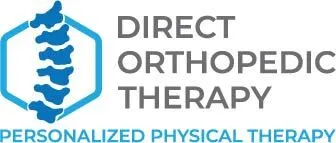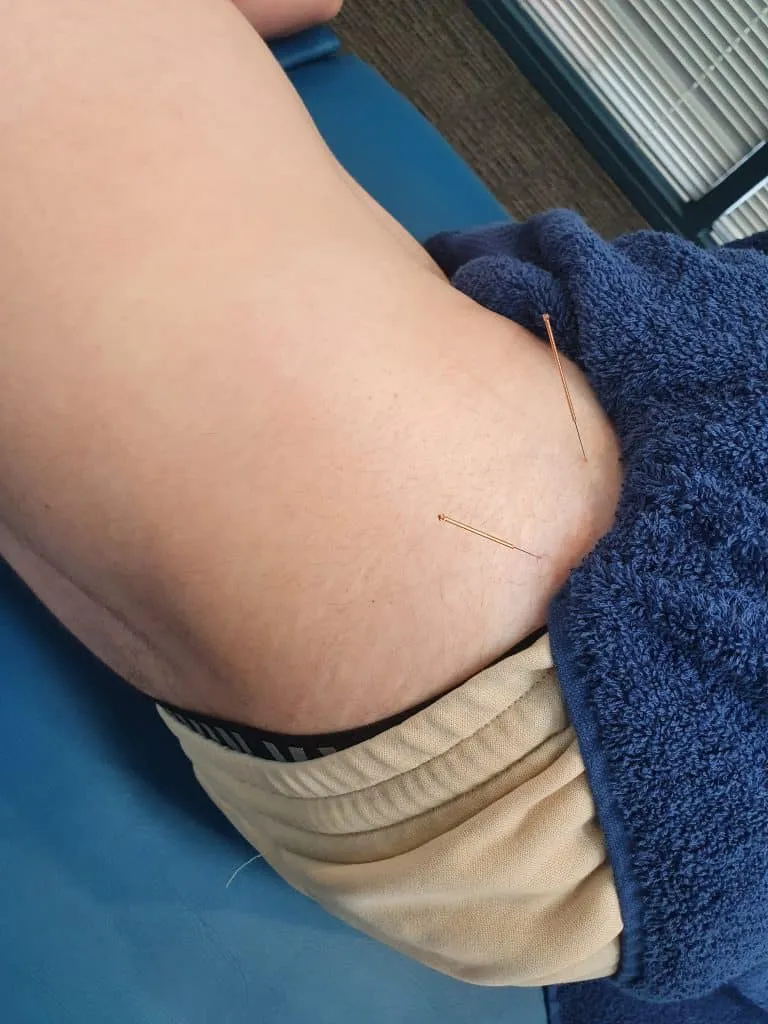Sciatica is a type of back or leg pain caused by pressure on the sciatic nerve. This may occur from injury, herniated discs, or other causes. Physical therapists frequently employ dry needling to reduce pain and increase mobility for their patients with sciatica. It is a safe, effective treatment option.
Trigger Points
Trigger points are localized areas of muscle or fascia that can cause discomfort. They may be due to postural imbalance, repetitive motion, or the residual effects of old but healed injuries.
Trigger point therapy is a treatment that uses dry needling to break up these knots and relieve your pain. Your therapist will begin by asking you to sit or lie down, then use your hands to locate and press on your trigger points.
Your therapist will then apply deep pressure to these points to release them. This may cause pain, tingling, numbness, or other sensations during the session.
Trigger points in your gluteal muscles can cause referred pain that may appear sciatica-like symptoms. That is why it’s so important to inspect these muscles for any signs of sciatica-like discomfort regularly.
Joint Inflammation
Joint inflammation can occur for various reasons, including injury. It could also indicate an inflammatory disease, such as rheumatoid arthritis (RA) or gout.
In RA, the immune system attacks joint membranes (synovium), leading to fluid buildup that makes the joint painful and stiff or appear larger than usual. Gout occurs when uric acid crystals form inside the joints, which also causes discomfort.
If your joint swelling does not subside after six weeks of conservative treatments such as rest, ice, compression, and elevation (RICE), it’s time to see your doctor. A healthcare provider will check for signs of infection, such as fever or redness in the affected joint.
Treatments can include oral NSAIDs (non-steroidal anti-inflammatory drugs) and physical therapy to help manage your condition. Exercise has also been known to reduce pain and inflammation.
Muscle Tightness
Tight muscles can cause pain and stiffness that hinder movement, especially in key areas for daily activities. They may also alter how someone moves and create imbalances, which could lead to injuries elsewhere.
In some instances, tight muscles can actually damage nerves. This condition is known as neuromuscular disorder and may be a symptom of another medical issue that requires treatment.
Physical therapists may utilize dry needling to alleviate muscle tightness and spasticity. This involves inserting very fine needles into the affected area.
The needles penetrate the trigger point and stimulate muscle relaxation, increasing blood flow to the affected area, reducing pain and speeding up healing.
After the treatment, it may cause mild muscle soreness, so take multiple sessions before your muscles return to normal. This is because trigger points are deep within the body and require multiple treatments for maximum benefit.
Pain Management
Pain management is an extensive field that includes medications, physical therapy, and spinal injections. Doctors usually collaborate with a multidisciplinary team of pharmacists, physiotherapists, and clinical psychologists to craft the ideal package of treatments for you.
Dry needling is a technique that uses thin filiform needles to target muscle trigger points. This promotes healing, reduces banding or tightness, and eases local and referred pain.
Dry needling is a physical therapist’s technique of inserting needles into trigger points that may be causing sciatica. The needles help identify and release tightened muscles, relieving pressure on the sciatic nerve.
Dry needling is a technique used to reduce pain and enhance movement for those suffering from neuropathic pain (nerve pain occurs when nerves fire a signal to the brain even when they aren’t damaged). It may also help reduce stiffness and sensitivity in joints.
If you are experiencing sciatica or other types of pain, consider scheduling an appointment with our team of specialists at Direct Orthopedic Therapy. You can contact us to learn more about our services and how we can help you find relief.



